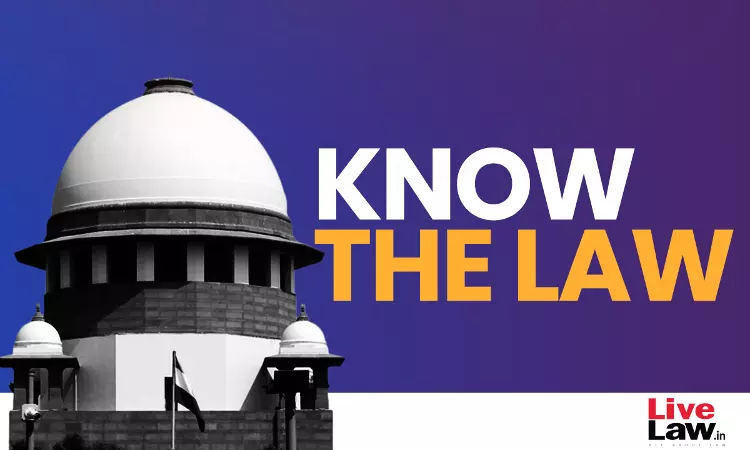When Does An Order Become A Binding Precedent? Supreme Court Explains
LIVELAW NEWS NETWORK
19 Aug 2023 1:35 PM IST

Next Story
19 Aug 2023 1:35 PM IST
The Supreme Court observed that its brief orders that are meant only for the purpose of closure of the controversy involved in a particular case and with a view to conclude the case, cannot act as a precedent for subsequent cases.The bench of Justices BV Nagarathna and PK Mishra made this observation while dealing with a contention raised in a batch of appeals that the judgment in Bangalore...
